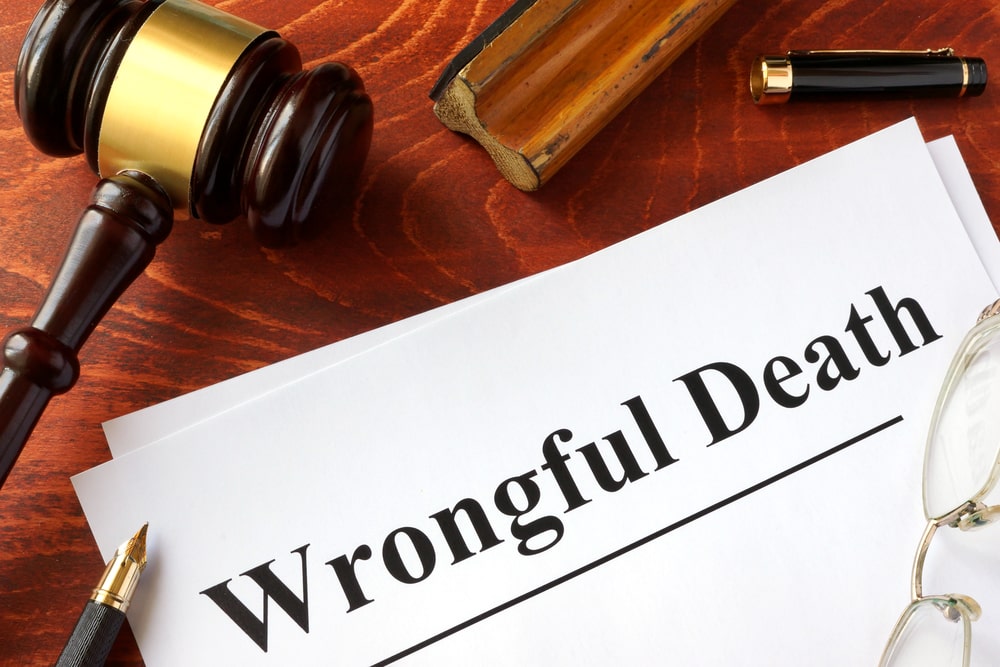Wrongful death suits offer a legal pathway for families to seek justice and compensation for an immeasurable loss. Our friends at Hall-Justice Law Firm LLC understand the profound impact of such losses, and can shed light on these difficult cases:
What Constitutes A Wrongful Death?
A wrongful death occurs when an individual loses their life due to the negligence or wrongful act of another party. These cases can arise from various circumstances, including but not limited to, car accidents, medical malpractice, workplace incidents, and more. The central premise is that the deceased would have had a viable personal injury claim had they survived, thereby allowing their loved ones to pursue a claim on their behalf.
Who Can File A Wrongful Death Suit?
The laws regarding who can file a wrongful death claim vary by state, but typically, the deceased’s immediate family members, such as spouses, children, and sometimes parents, have the right to file. In some jurisdictions, a representative of the deceased’s estate is appointed to file the suit on behalf of the family or the estate. It’s crucial to consult with a knowledgeable lawyer to understand the specific statutes in your state and determine your eligibility to file a claim.
The Components Of A Wrongful Death Claim
A wrongful death claim consists of several key elements that must be established for the case to be successful. These include proving that the death was caused, in whole or in part, by the conduct of the defendant, that the defendant was negligent or liable for the death, and that there are surviving beneficiaries or dependents. Additionally, there must be quantifiable damages resulting from the death, such as funeral expenses, lost income, loss of companionship, and more.
The Role Of Evidence
Collecting and presenting evidence is a foundational aspect of building a strong wrongful death suit. This may include police reports, medical records, eyewitness statements, and professional testimony. Evidence serves to establish the defendant’s liability and the extent of the damages suffered as a result of the wrongful death. It’s a meticulous process that requires thorough investigation and strategic planning, often facilitated by experienced legal professionals.
Understanding Damages And Compensation
The damages awarded in wrongful death suits are intended to compensate the family for their financial and emotional losses. These can be categorized into economic damages, such as funeral costs and loss of the deceased’s future income, and non-economic damages, which cover pain and suffering, loss of companionship, and emotional distress. In some cases, punitive damages may also be awarded to punish the defendant for particularly egregious conduct and deter future negligence.
The Significance Of Legal Representation
Embarking on a wrongful death suit is a complex and emotional journey, one that necessitates professional legal guidance. Your wrongful death lawyer can provide an in-depth understanding of the law and a compassionate approach to their practice. They can steer you through the legal system, advocate for your rights, and strive to secure the maximum compensation for your loss.
Moving Forward With Compassion And Resolve
While no outcome can truly compensate for the loss of a life, achieving justice can provide a measure of solace and closure for grieving families. Contact a lawyer to learn more about your next steps.

